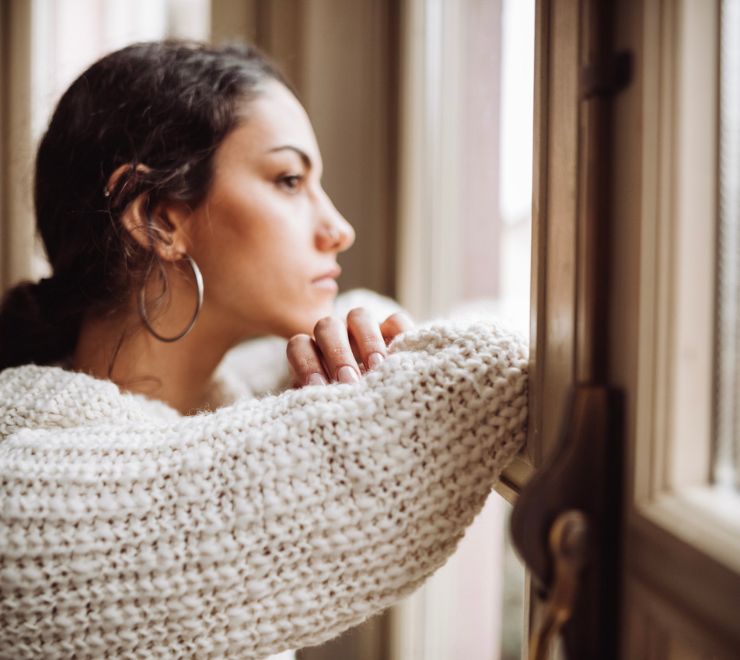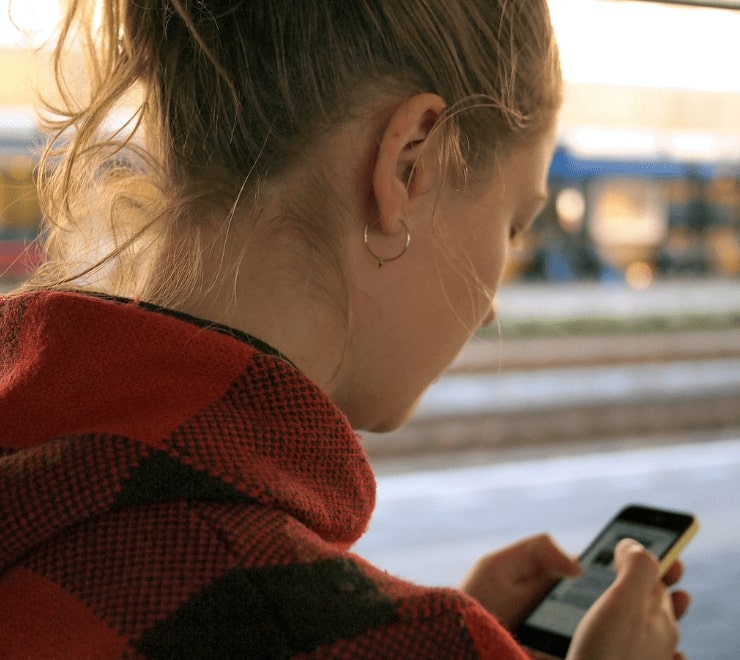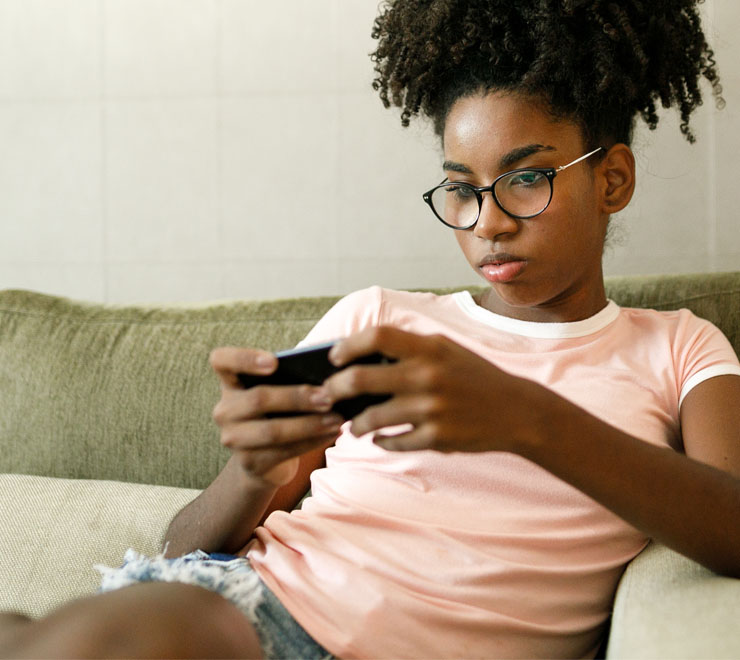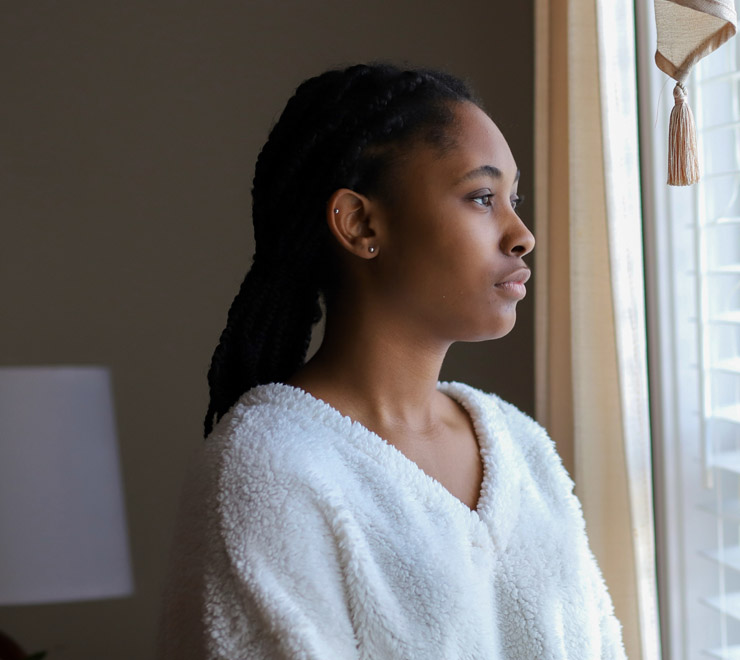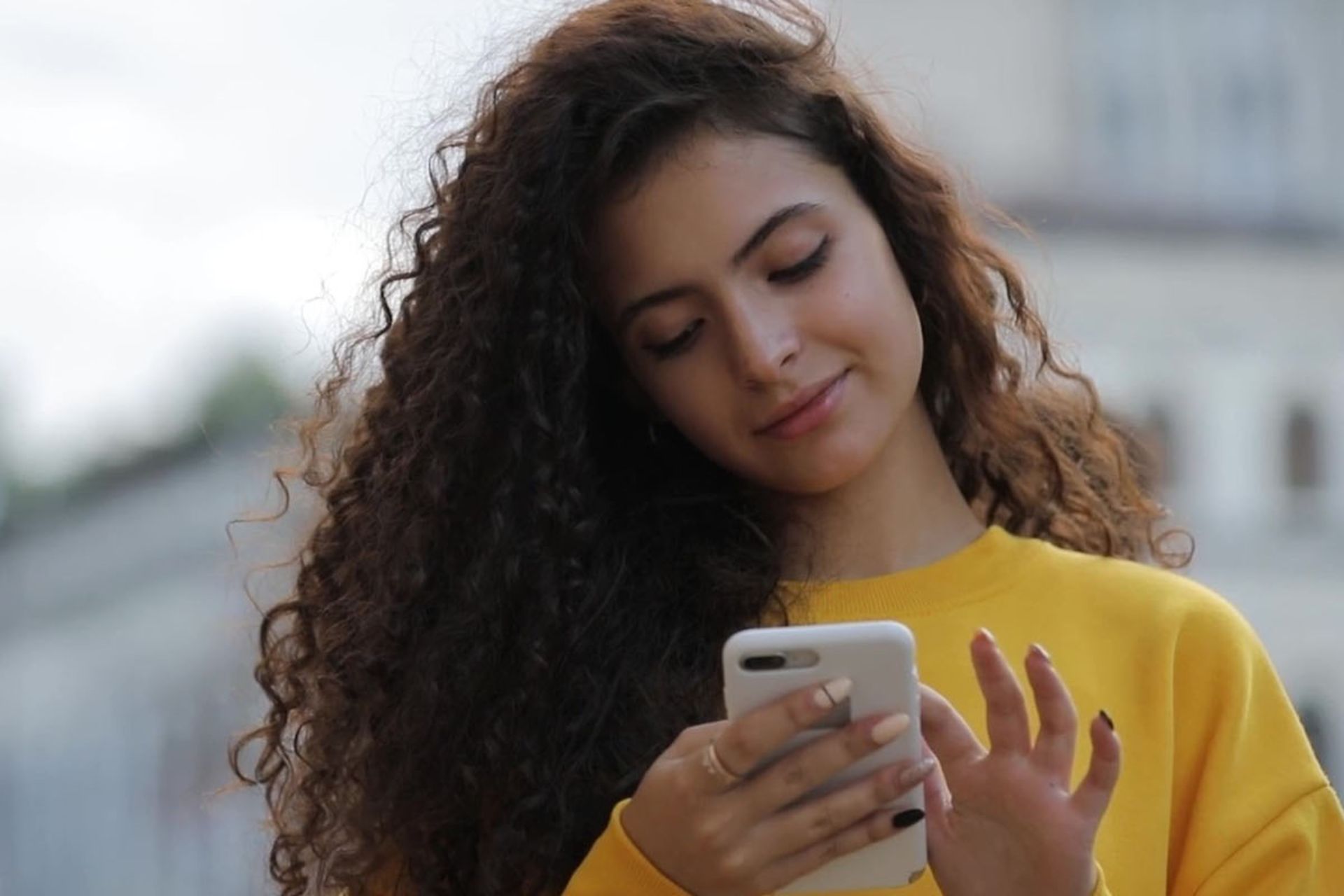Kids Help Phone is here for you during the COVID-19 pandemic. If you’re struggling with loneliness or isolation while practising physical distancing, it’s important to remember there are still ways to connect for support.
Loneliness and isolation are feelings you may experience if you feel disconnected from yourself and the people around you.
It’s common to feel lonely, isolated and disconnected sometimes, but it can become unhealthy if the feelings last.
If you’re experiencing loneliness and isolation, you may feel:
- unloved
- like you don’t fit in
- excluded from a group (e.g. your peers, family or society)
- like you don’t have any friends
- like everyone else is in a relationship
- like you can’t adjust to a new environment (e.g. a move, a new school, staying inside during the COVID-19 pandemic, etc.)
- distant from friends and family
- out of touch with others or society
- like you have no choice other than to be alone
When you experience these feelings for a long time, they may lead to things such as illness, depression or even thoughts of suicide. It’s important to talk to someone about how you’re feeling. You can try speaking to a safe adult such as a parent/caregiver, doctor, teacher, school counsellor or family member. Kids Help Phone counsellors are also available 24/7 at 1-800-668-6868.
How can I feel better?
If you’re feeling lonely or isolated, here’s some things to keep in mind:
- Remember you’re not alone: almost everyone feels lonely from time to time — lots of people feel the same way you’re feeling right now.
- Your feelings are valid: It’s OK to feel lonely sometimes. But remember, if and when you need it, help is always available.
- Learn to forgive: if anger and resentment are keeping you from pursuing something that was once important to you, try to make amends.
- Talk to a safe adult: if problems from the past are keeping you isolated, try talking to a parent/caregiver, teacher or doctor about your feelings.
Here are a few things that may help with feelings of loneliness and isolation:
- join a virtual group, club or team
- learn a new hobby or pastime
- invest in the friendships you may already have
- go for a walk or get some exercise (while practising physical distancing)
- get involved in online classroom discussions and conversations (if available)
- try meeting new people online (while practising online safety)
- volunteer virtually for a cause you’re passionate about
It’s possible to overcome loneliness and isolation, but it may take some time and effort. You may have to try something new — or even a few things — before your feelings begin to change.


